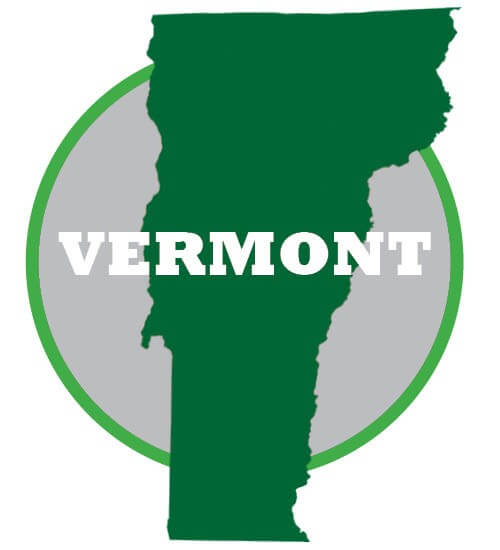Town meeting, Affordable Heat Act and cannabis — Oh my
We’re on town meeting break this week from the State House. These last couple months have been complete intellectual chaos, but I’m enjoying every second of it.
This seems like an abrupt but appropriate segue into a topic people have been talking about: What does the future of town meeting look like?
Town meeting is a lovely tradition. As a kid, and as an interested citizen, and then as a reporter, I’ve attended many. As with many things in our lives, COVID put reality into sharp perspective, especially with so many new options for electronic participation. Town meeting’s purpose is for people to vote on the budget and discuss other matters relating to the town in an open and public forum.
 At the risk of sounding overdramatic: Voting is the cornerstone of our democracy. Making voting as easy and accessible to as many people as possible, then, should be the goal, and voice votes at town meeting seem to attract fewer voters than Australian ballot on Town Meeting Day. So, on the surface, it seems like a move to Australian ballot would be the right thing to do. But … town meeting is such a special Vermont tradition.
At the risk of sounding overdramatic: Voting is the cornerstone of our democracy. Making voting as easy and accessible to as many people as possible, then, should be the goal, and voice votes at town meeting seem to attract fewer voters than Australian ballot on Town Meeting Day. So, on the surface, it seems like a move to Australian ballot would be the right thing to do. But … town meeting is such a special Vermont tradition.
It’s not my job to figure it out. My committee, House Government Operations and Military Affairs, will address Town Meeting Day, open meeting law, remote and electronic voting, and other serious issues, over the next months and year. As we do this work, though, we’ve been clear on allowing towns to make their own choices about how to hold town meeting and how to vote. It’s up to the town of Charlotte to find a solution.
I’d hate for town meeting to disappear, but I understand that the more people who vote, the more representative it is of our town as a whole. I hope the selectboard can figure out a way to change the date, change the time, change the setting, something, to keep that wonderful tradition and still make it easy for people to vote.
Speaking of voting: I haven’t had the opportunity yet to vote on the Affordable Heat Act. It came out of the Senate and won’t be directly in front of my committee in the House, but I will have the opportunity to vote on it eventually.
I’ve heard from many people who are worried about it, and these are consistently folks who support reducing greenhouse emissions and are worried about the environment, yet who are worried that the cost of these legislative actions will put the burden on people who purchase fuel to heat their homes. I get it. There are a lot of inflammatory ads and op-eds out there that are trying to scare people into opposing it; these are generally full of wrong information.
Here’s where it gets sticky for me — it’s true that over the coming years, Vermont will save money, and Vermonters will save money, by reducing our dependence on fossil fuels. The difficult part is figuring out what, exactly, it will cost to make that happen, and who, exactly, will pay for it. It’s easy to say that we should all weatherize our homes and get electric heat pumps. It’s a hell of a lot less easy to figure out how to lay out the up-front cost to do that, especially now, when groceries cost so much, and our property taxes are going to increase.
Since it’s just in the process of moving over to the House, and I’m sure there are many more negotiations to come, I hesitate to say where I stand on it. I’d love to hear people’s thoughts and opinions on this.
Finally, cannabis. We’re rural towns out here in Charlotte and Hinesburg, and farming and agriculture looks a lot different than it did 40 years ago; using this land for crops like cannabis seems bizarre to those of us who grew up with it as an illegal substance. But cannabis, whether you like it or not, is legal. Growing it, whether you like it or not, is legal. The state laws in place to manage cannabis grow operations were created to allow municipalities some leeway to make their own guidelines, with the very clear provision that towns can’t make land use regulations so specific and restrictive that it essentially prevents a person with a state-issued permit from growing anywhere in town. If anyone has any questions about this, my committee has jurisdiction over the Cannabis Control Board, so please reach out.
I’m happy to hear from anyone, and I do get lots of emails and phone calls on every issue you could imagine. On that note, I’ve been working on and communicating with people about animal welfare stuff, Medicare Advantage issues, gun control laws and a bunch of other topics. Please email me text or call at 917-887-8231 any time.
(Chea Waters Evans is state representative for Charlotte and a small portion of Hinesburg.)

